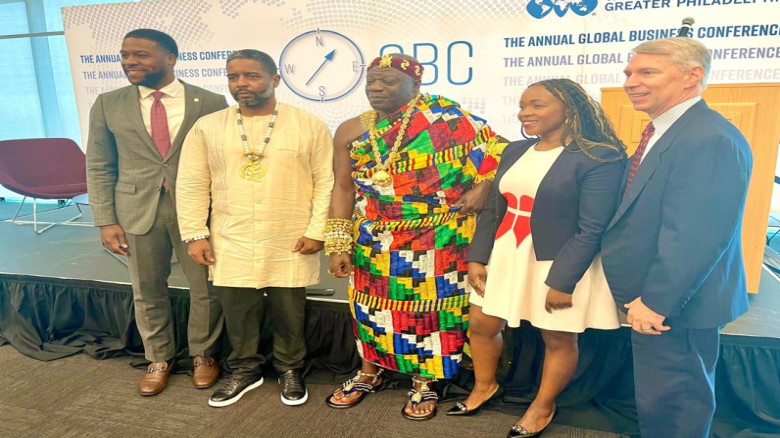E-Levy rakes in ¢861.47 million in 11 months of implementation
Data from the Ghana Revenue Authority (GRA) indicates that the Electronic Transfer Levy (E-Levy) implemented in May 2022 raked in ¢861.47 million as of March 2023.
The controversial levy in the first year of implementation at a rate of 1.5% accrued ¢614.57 million.
However, in the first three months of 2023, the levy brought in ¢246.9 million for the state.
According to the data from the GRA, the E-levy registered ¢53.58 million revenue in the first month (May 2022) of its implementation.
It further shot up to ¢59.23 million in June 2022 and consistently rose in July 2022 (¢65.0 7million), August 2022 (¢71.29 million), September 2022 (¢78.95 million), October 2022 (¢85.73 million) and November 2022 (¢93.3 million) respectively.
The E-levy inflows breached the one hundred million cedis mark to record ¢106.79 million in December 2022.
It however began the year recording lower revenue than in December 2022. This was after the rate was revised to 1%, from 1.5%.
E-levy records ¢246.9 million in quarter 1, 2023
In January 2023, the E-Levy inflow was estimated at ¢85.93 million.
It subsequently fell to ¢73.99 million, about 13.9% decline in February 2023.
However, in March 2023, the E-Levy amounted to ¢86.98 million, brining the total collections in the first quarter of 2023 to ¢246.9 million.
The government had set a target of about ¢7 billion for E-levy in 2022. But the delay in implementation compelled it to review the target severally to about ¢800 million in the first month of implementation.
Despite the uproar about the implementation of the E-Levy, total mobile money transactions exceeded ¢1 trillion in 2022.
Mobile money transactions hit ¢550.4bn in four months of 2023
In the first four months of 2023, total mobile money transactions surpassed ¢550 billion, about 66.2% year-on-year growth.
Transfers that fall under E-Levy
Mobile money transfers done between wallets on the same electronic money issuer– For example sending money from your MTN Momo wallet to another person’s MTN Momo wallet.
Transfers from a wallet on one electronic money issuer to a recipient on another electronic money issuer – For example sending money from your Vodafone Cash wallet to another person’s AirtelTigo wallet.
Transfers from bank accounts to mobile money wallets: For example, Kofi transfers money from his CBG bank account to Ama’s G-Money wallet.
Transfers from mobile money wallets to bank accounts: For example, Esi transfers money from her Zeepay wallet to Yayra’s bank account.
Bank transfers on an instant pay digital platform or application which originates from a bank account belonging to an individual: For example, Kwame transferring money from his ADB app to Akua’s National Investment Bank account.

.jpg)









Leave A Comment